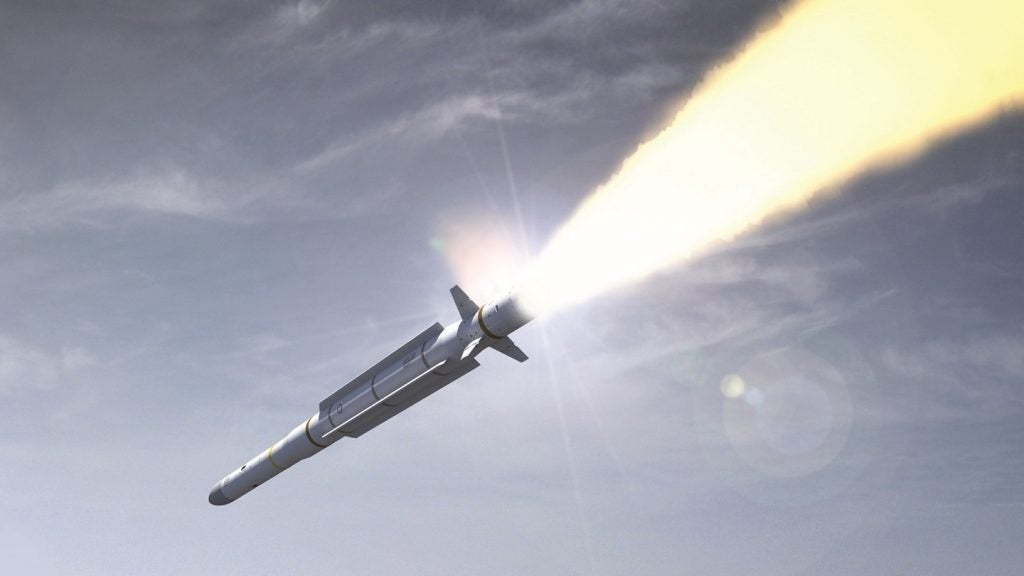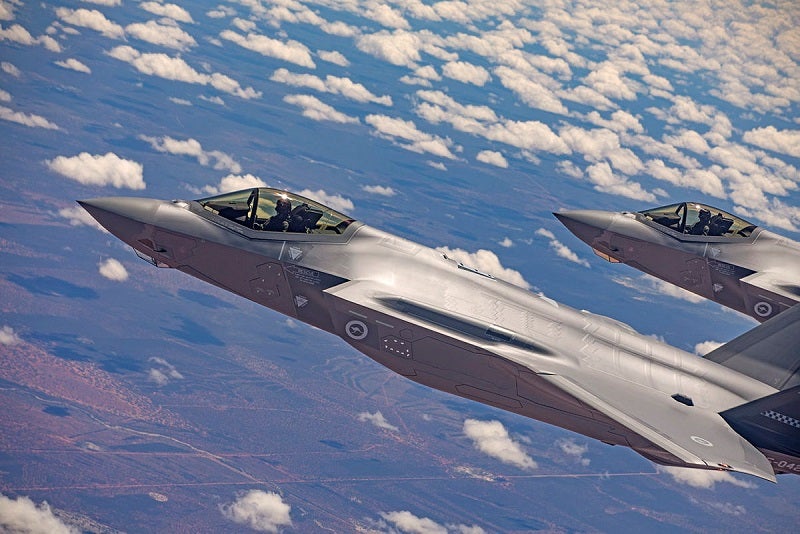CAE and Elbit Systems have agreed to pursue training projects under the Defence Operational Training Capability (Air) (DOTC-A) programme for the UK Ministry of Defence (MoD).
As part of an agreement, both the companies will partner for the DOTC(A) Core System and Services (DCS&S) project, as well as the Typhoon Future Synthetic Training (TFST) project.
As the MoD's solution to the future of air centric collective synthetic training, the DOTC(A) programme aims to support the development and sustainment of the UK's defence capability through the establishment of a series of networked synthetic mission training facilities.
CAE UK Strategy and Business Development vice-president Jonathan Browning said: "We recognise defence forces are looking to increasingly leverage synthetic environments for more of the operational and mission training they need to conduct, and the UK MoD's Defence Operational Training Capability programme aims to address these requirements.
"CAE brings a great deal of experience and expertise as a training systems integrator, and partnering with Elbit Systems will enable us to bring the UK MoD proven, low-risk distributed mission training capabilities that are integrated and interoperable."
The DCS&S project will support the DOTC(A) programme and enable distributed training by providing a common synthetic environment and a range of training delivery services.
How well do you really know your competitors?
Access the most comprehensive Company Profiles on the market, powered by GlobalData. Save hours of research. Gain competitive edge.

Thank you!
Your download email will arrive shortly
Not ready to buy yet? Download a free sample
We are confident about the unique quality of our Company Profiles. However, we want you to make the most beneficial decision for your business, so we offer a free sample that you can download by submitting the below form
By GlobalDataThe specific training opportunities under the DOTC(A) programme will also support the defence-wide requirement to download live training into the synthetic environment and allow a rebalancing of live/synthetic training.
Elbit Systems UK CEO Martin Fausset said: "We recognise that DOTC(A) will set the standard for training UK defence personnel for the next 30 years and beyond."






